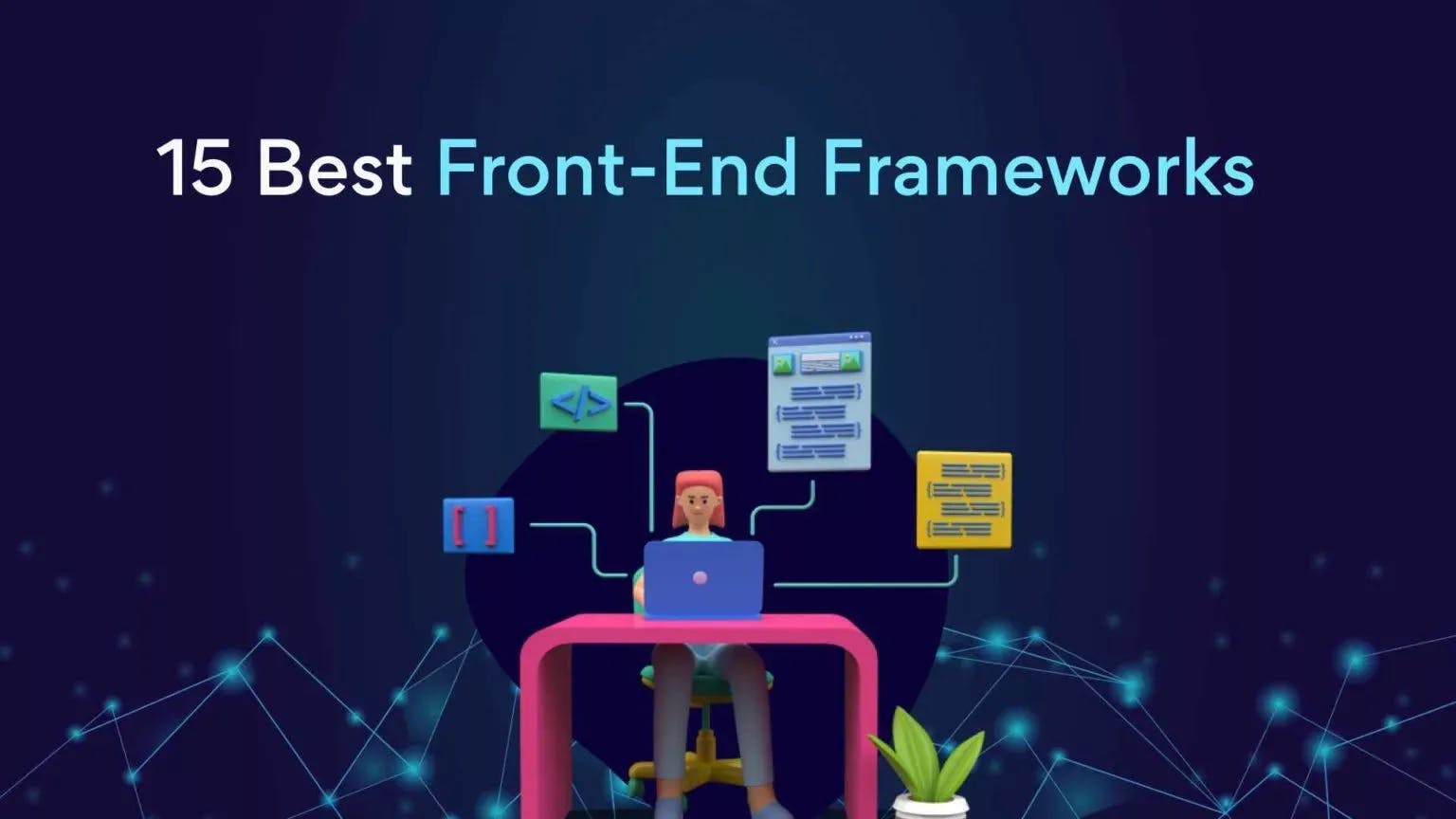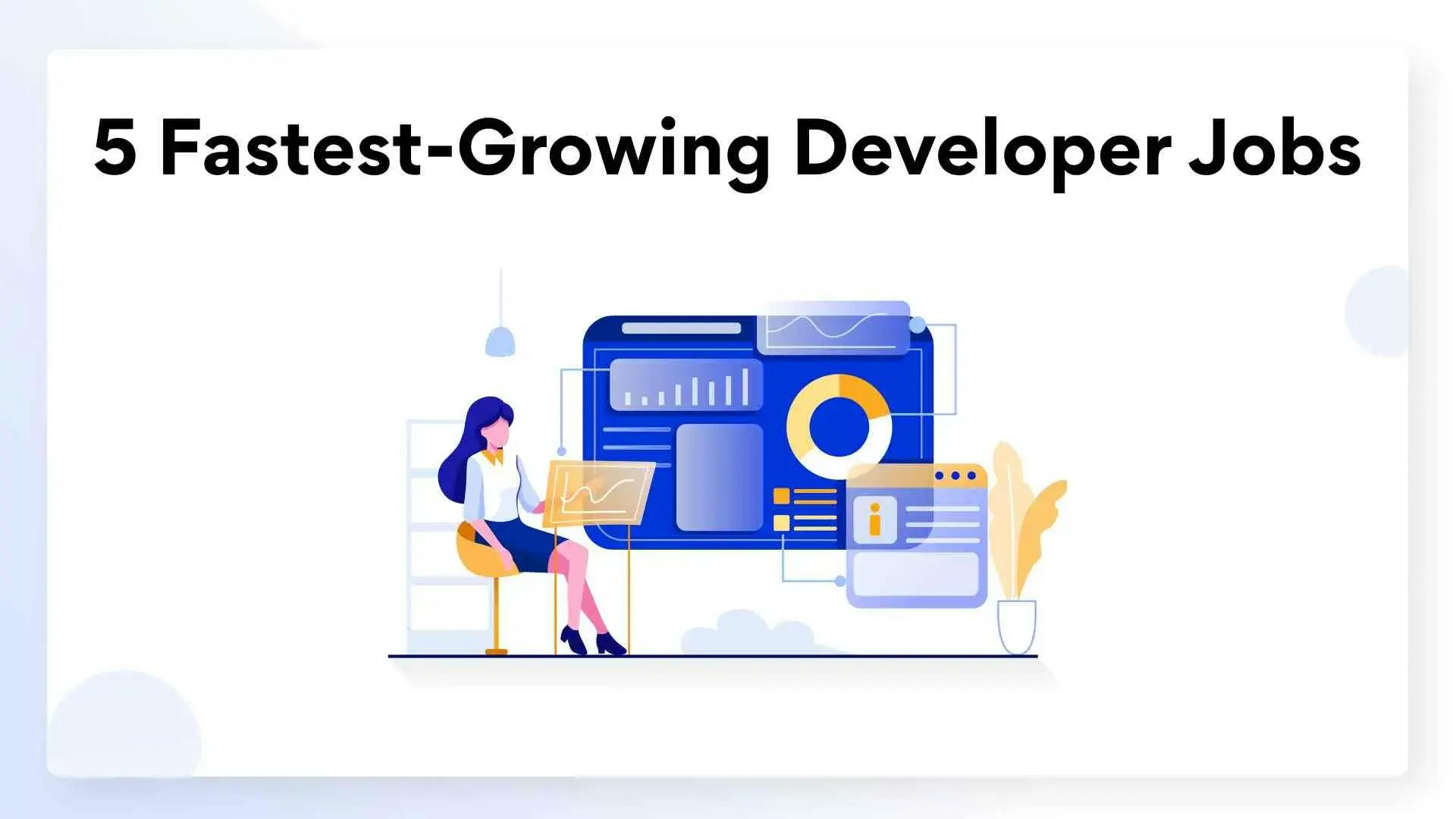Remote cloud infrastructure engineer jobs
We, at Turing, are looking for talented remote cloud infrastructure engineers who will be responsible for delivering advanced cloud solutions and cutting-edge products to help shape the future of global enterprises. Get a chance to work with the leading Silicon Valley companies while accelerating your career.
Find remote software jobs with hundreds of Turing clients
Job description
Job responsibilities
- Communicate with client and stakeholders for strategizing new and fully automated cloud solutions
- Build, design, deploy, implement, monitor and optimize existing cloud products and services
- Deliver end-to-end infrastructure management solutions
- Enhance infrastructure operations with cloud coding and scripting
- Automate infrastructure migration with zero downtime to cloud environments
- Implement and refine cloud architectures and roadmaps
- Troubleshoot and resolve technical operational issues to enhance the performance
- Implement and document best practices and strategies
- Enable DevOps by automating different processes and employing cloud-based microservices architecture
- Build and operate CI/CD pipelines to automate the delivery process
- Participate in workload automation initiatives
Minimum requirements
- Bachelor’s/Master’s degree in Engineering, Computer Science, IT (or equivalent experience)
- At least 3+ years of hands-on experience with cloud infrastructure (rare exceptions for highly skilled developers)
- Demonstrated experience in architecting, designing, developing, and implementing cloud solutions
- Expertise in building and maintaining cloud-native applications
- Solid background in Linux Shell Scripting and/or Python scripting
- Knowledge of maintaining Infrastructure-as-Code (IaC) and using tools like CloudFormation or Terraform
- Strong understanding of automation tools and techniques
- Strong grasp of English language for effective communication
- Ability to work full-time (40 hours/week) with a 4 hour overlap with US time zones
Preferred skills
- Experience working with serverless architecture, cloud migration, and deployment
- Working knowledge of AI/ML algorithms and frameworks
- Knowledge of using DevOps tools in a cloud environment
- Prior experience in large-scale systems design environments
- Comfortable with Agile/Scrum methodologies
- Excellent organizational, technical, and communication skills
Interested in this job?
Apply to Turing today.
Why join Turing?
1Elite US Jobs
2Career Growth
3Developer success support
How to become a Turing developer?
Create your profile
Fill in your basic details - Name, location, skills, salary, & experience.
Take our tests and interviews
Solve questions and appear for technical interview.
Receive job offers
Get matched with the best US and Silicon Valley companies.
Start working on your dream job
Once you join Turing, you’ll never have to apply for another job.

How to become a Cloud infrastructure engineer ?
A cloud infrastructure engineer is an IT professional responsible for all technical elements of cloud architecture, including design, planning, administration, maintenance, and support. As organizations around the world migrate away from local data centers and server rooms, cloud computing solutions have grown in popularity. The bulk of large firms is transitioning to cloud-based services for their business applications and data storage. Moreover, half of those companies' IT teams say that moving to cloud services is their top strategic goal.
Companies need highly trained engineers to manage their cloud usage, which includes app building, resource allocation and maintenance, and successful use of the industry's major cloud providers, like Amazon Web Services (AWS), Google Cloud, and Microsoft Azure.
What is the scope in Cloud infrastructure engineering?
In recent years, the future of cloud computing has evolved considerably. The globe is now intimately connected thanks to digital technology. This is one of the main reasons behind the shift in cloud computing's scope. The amount of employment, technology, and research capital necessary to estimate cloud computing's future reach have also increased. As a result, we've seen a number of cool cloud computing advances.
Because of the large number of firms moving business processes to the cloud, remote cloud infrastructure engineer jobs have been designated one of the most in-demand IT careers. 68 percent of company IT departments are now using public cloud infrastructure, according to NetEnrich research. As companies transition away from on-premise infrastructure models and toward a cloud-first strategy when updating or establishing new environments, the need for cloud-experienced engineers has increased significantly.
What are the roles and responsibilities of a Cloud infrastructure engineer?
The Cloud Infrastructure Engineer will be largely responsible for coordinating upgrades and deployment initiatives, as well as providing insight and ideas for delivering client solutions using technical abilities.
The primary responsibilities after landing remote Cloud infrastructure engineer jobs are as follows:
- In order to strategize innovative and completely automated cloud solutions, communicate with clients and stakeholders.
- Create new cloud goods and services, as well as redesign, launch, implement, monitor, and improve current ones.
- Provide infrastructure management services from start to finish.
- Cloud coding and scripting can help you improve infrastructure operations.
- Automate infrastructure transfer to cloud environments with no downtime.
- Cloud architectures and roadmaps should be implemented and refined.
- To improve performance, troubleshoot, and address technical, operational concerns.
- Put best practices and initiatives in place and document them.
- Automate diverse processes and use cloud-based microservices architecture to enable DevOps.
- To automate the delivery process, create and maintain CI/CD pipelines.
- Participate in projects to automate workloads.
Let’s now see how you can become a remote Cloud infrastructure engineer.
How to become a Cloud infrastructure engineer?
Cloud infrastructure engineer jobs often need the following education, qualifications, and experience:
- Education: A bachelor's degree in computer science, engineering, or a related profession with similar abilities is required for a cloud infrastructure engineer position. Several businesses favor candidates with a Master of Science degree.
- Certifications: In addition to schooling and experience, some businesses desire extra qualifications to indicate technical ability in one or more fields. Certifications for significant providers like AWS and Microsoft, as well as certifications for skill sets like cloud security, are among the most popular.
- Experience: Most companies are looking for Cloud infrastructure engineers with at least three to five years of experience with cloud services, including open-source technologies, software development, system engineering, scripting languages, and working with a variety of cloud providers. Experience building or designing cloud-based internet services is also required of Cloud infrastructure engineers.
Remote Cloud infrastructure engineer jobs demand knowledge of programming languages such as Java, Python, and Ruby. Many companies are searching for Cloud infrastructure engineers that are familiar with OpenStack, Linux, Amazon Web Services, Rackspace, Google Compute Engine, Microsoft Azure, and Docker. APIs, orchestration, automation, DevOps, and databases, particularly NoSQL databases, are all important competencies.
Interested in remote Cloud infrastructure engineer jobs?
Become a Turing developer!
Skills required to become a Cloud infrastructure engineer
The first step is to start learning the essential abilities that will help you acquire a high-paying Cloud infrastructure engineer position. Let's take a look at the skills you need to know.
1. Serverless architecture
Serverless is a cloud-based code execution approach in which cloud providers handle server and computing resource management rather than developers. There are no virtual machines or physical servers because suppliers put them in the cloud automatically. This is an important skill that companies look for when they hire remote cloud infrastructure engineers.
2. Cloud migration
Cloud migration is the process of migrating digital assets to cloud infrastructure, such as data, workloads, IT resources, or apps. Cloud migration is the process of migrating tools and data from on-premises data centers or legacy infrastructure to the cloud.
Though "cloud migration" usually refers to transferring data from on-premises to the cloud, it may also apply to transferring data from one cloud to another. All or selected assets may be moved during a migration. It also entails a slew of additional factors. That's why we've put up this tutorial to cover all you need to know about cloud migration.
3. Cloud deployment
The process of deploying an application using one or more cloud-based hosting models, such as software as a service (SaaS), platform as a service (PaaS), and/or infrastructure as a service (IaaS). This covers designing, planning, executing, and running cloud workloads.
4. DevOps
If you're a software developer or an operations engineer, you're well aware of the issues that these professionals confront on a regular basis when working in various environments. DevOps brings together development and operations into a single package, eliminating job dependencies and bridging the gap between the two. Because DevOps is a popular Cloud infrastructure engineering methodology, employers may find that having a practical grasp of DevOps operations is advantageous. AWS DevOps, in particular, is in great demand among cloud service providers.
5. Virtualization
Cloud infrastructure engineers should be able to deploy and manage application software on virtual machines. Virtualization is essential for businesses to have access to scalable, fault-tolerant resources. A basic understanding of virtualization or services like virtual machines, EC2, and Lambda would be a big step toward Serverless Computing. As a result, it's a top-tier Cloud infrastructure engineer qualification.
Interested in remote Cloud infrastructure engineer jobs?
Become a Turing developer!
How to get a remote Cloud infrastructure engineer job?
While getting as much practical experience as possible, you must design an effective job-search strategy. Before you start looking for employment, think about what you're looking for and how you'll utilize that information to limit your search. It's all about getting your hands dirty and putting your abilities to work when it comes to demonstrating to employers that you're job-ready. As a result, it's critical to keep learning and improving. You'll have more to talk about in an interview if you work on a lot of open-source, volunteer, or freelancing projects.
Turing has the most incredible remote Cloud infrastructure engineer jobs in the industry, all of which are tailored to your career goals. Working with cutting-edge technology to tackle complicated technical and business challenges can assist you in rapidly expanding. Get a full-time, long-term remote Cloud infrastructure engineer job with greater income and professional progress by joining a network of the world's most excellent engineers.
Why become a Cloud infrastructure engineer at Turing?
Elite US jobs
Career growth
Exclusive developer community
Once you join Turing, you’ll never have to apply for another job.
Work from the comfort of your home
Great compensation
How much does Turing pay their Cloud infrastructure engineers?
Turing's Cloud infrastructure engineers are free to set their own rates. Turing, on the other hand, will suggest a salary at which we believe we can provide you with a fulfilling and long-term opportunity. Our recommendations are based on our research of market conditions and our perceptions of customer desire.
Frequently Asked Questions
Latest posts from Turing
Leadership
Equal Opportunity Policy
Explore remote developer jobs
Based on your skills
- React/Node
- React.js
- Node.js
- AWS
- JavaScript
- Python
- Python/React
- Typescript
- Java
- PostgreSQL
- React Native
- PHP
- PHP/Laravel
- Golang
- Ruby on Rails
- Angular
- Android
- iOS
- AI/ML
- Angular/Node
- Laravel
- MySQL
- ASP .NET
Based on your role
- Full-stack
- Back-end
- Front-end
- DevOps
- Mobile
- Data Engineer
- Business Analyst
- Data Scientist
- ML Scientist
- ML Engineer
Based on your career trajectory
- Software Engineer
- Software Developer
- Senior Engineer
- Software Architect
- Senior Architect
- Tech Lead Manager
- VP of Software Engineering









